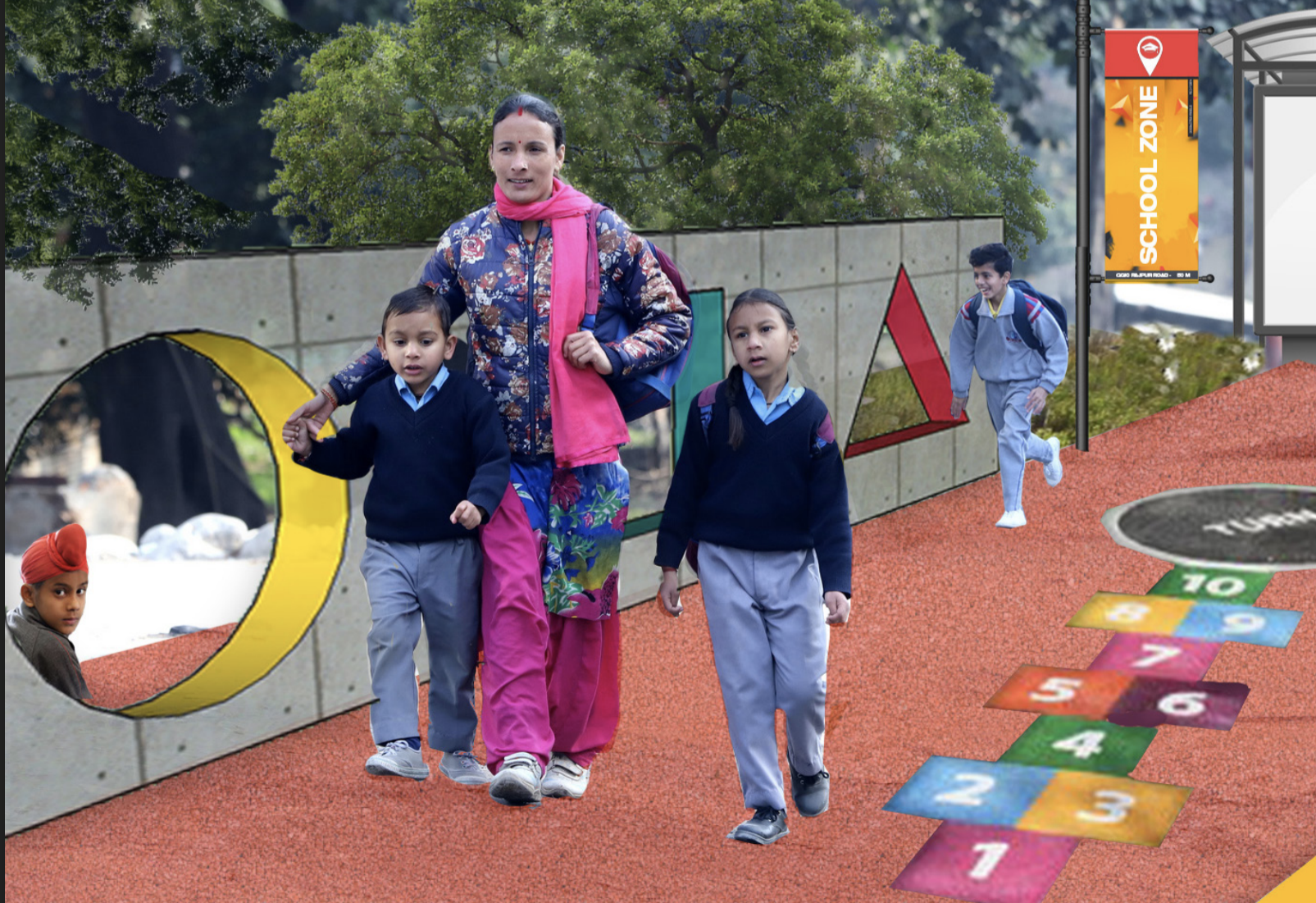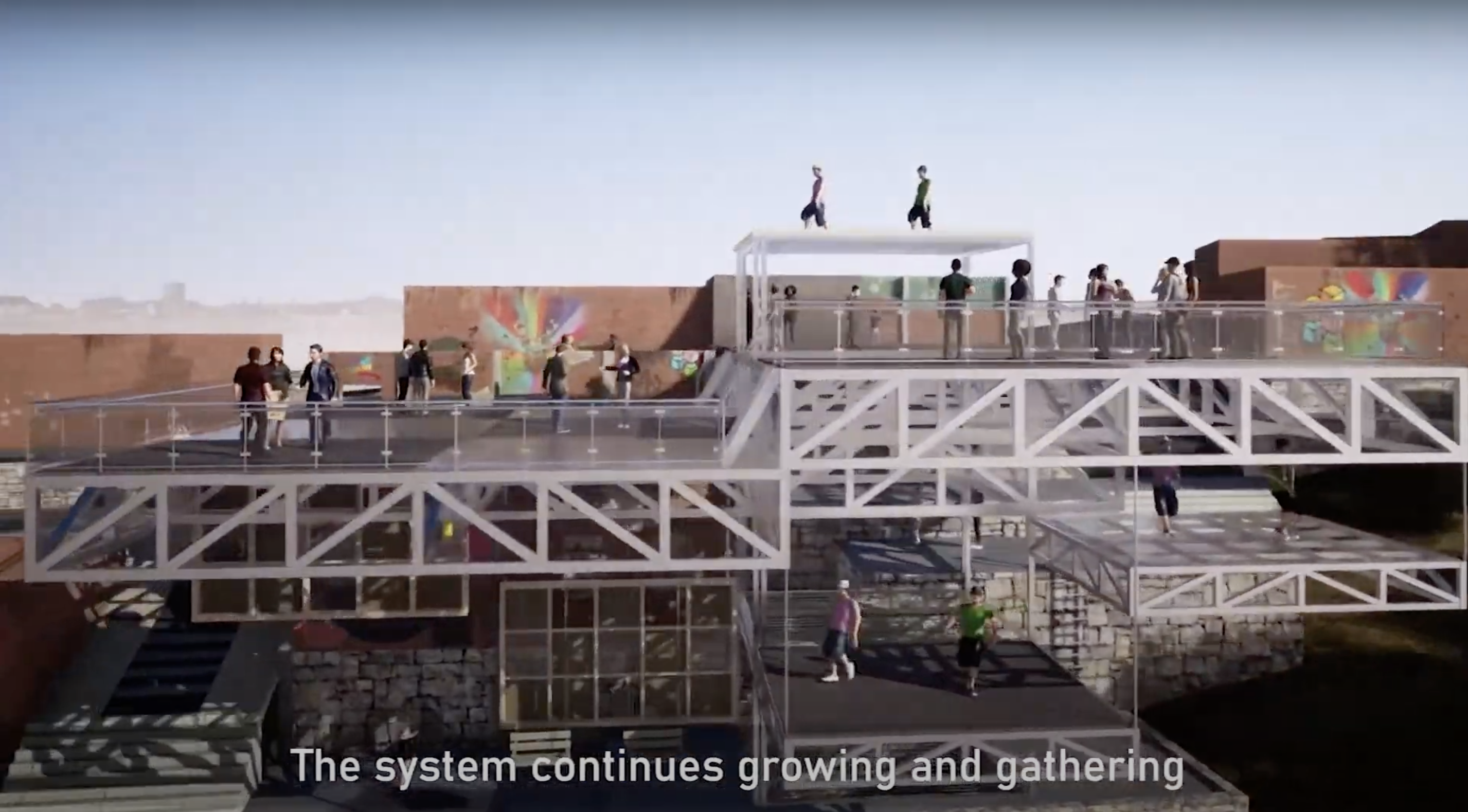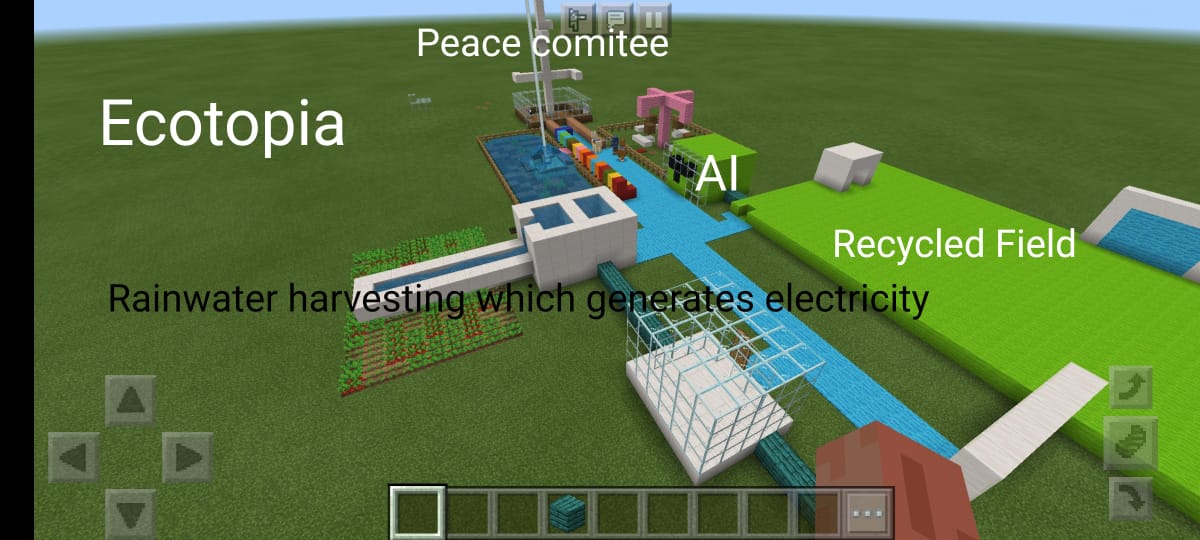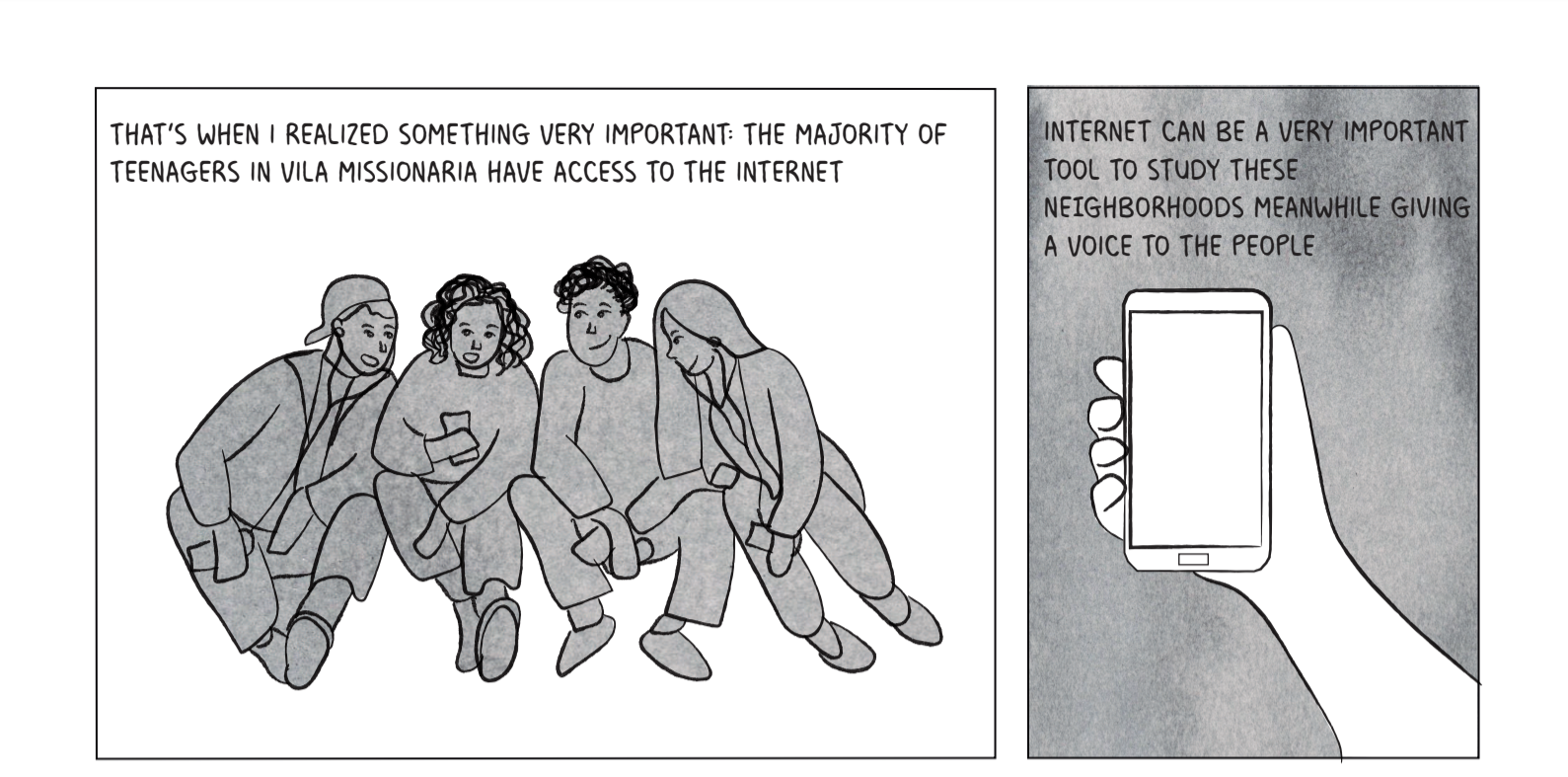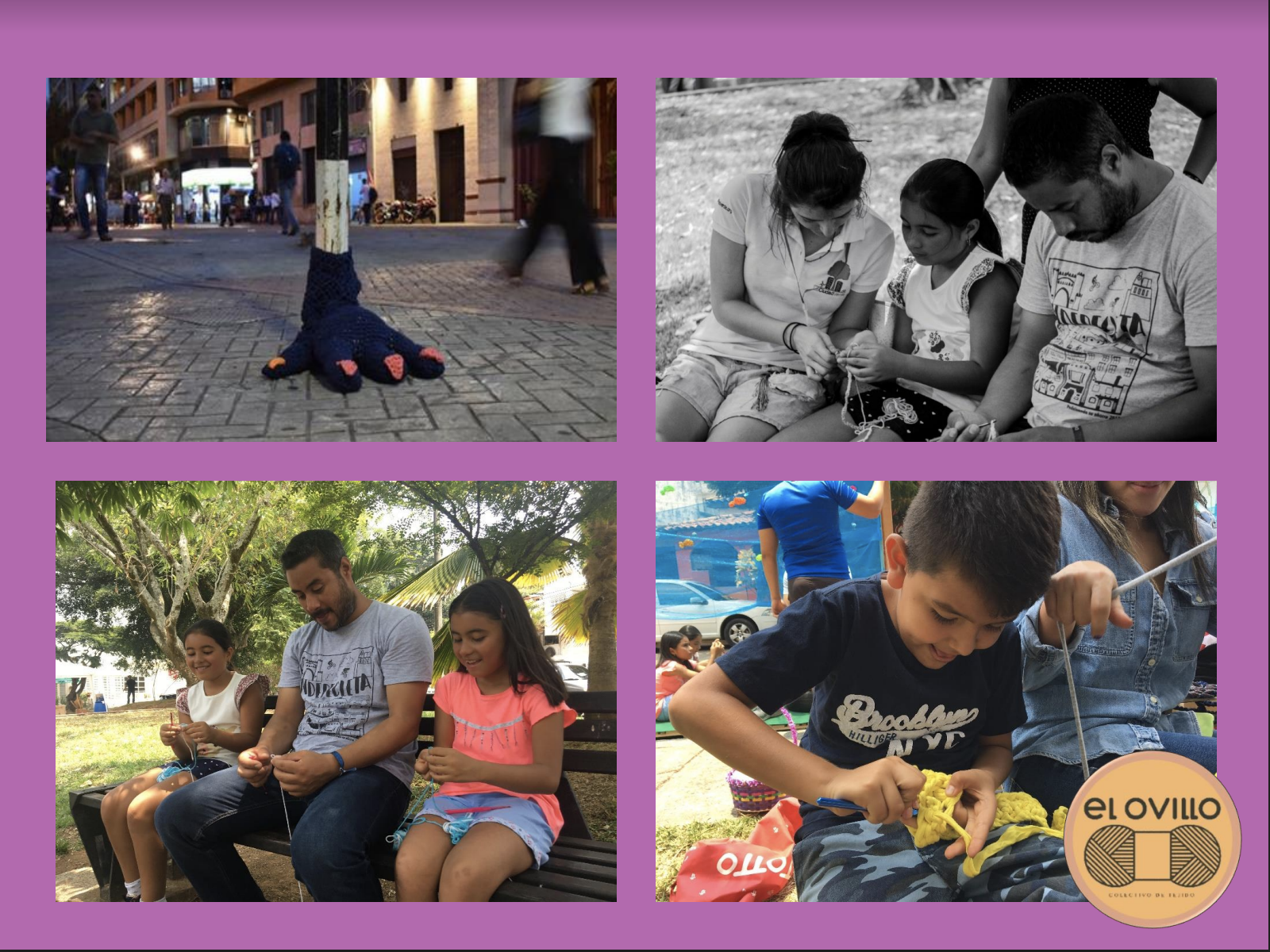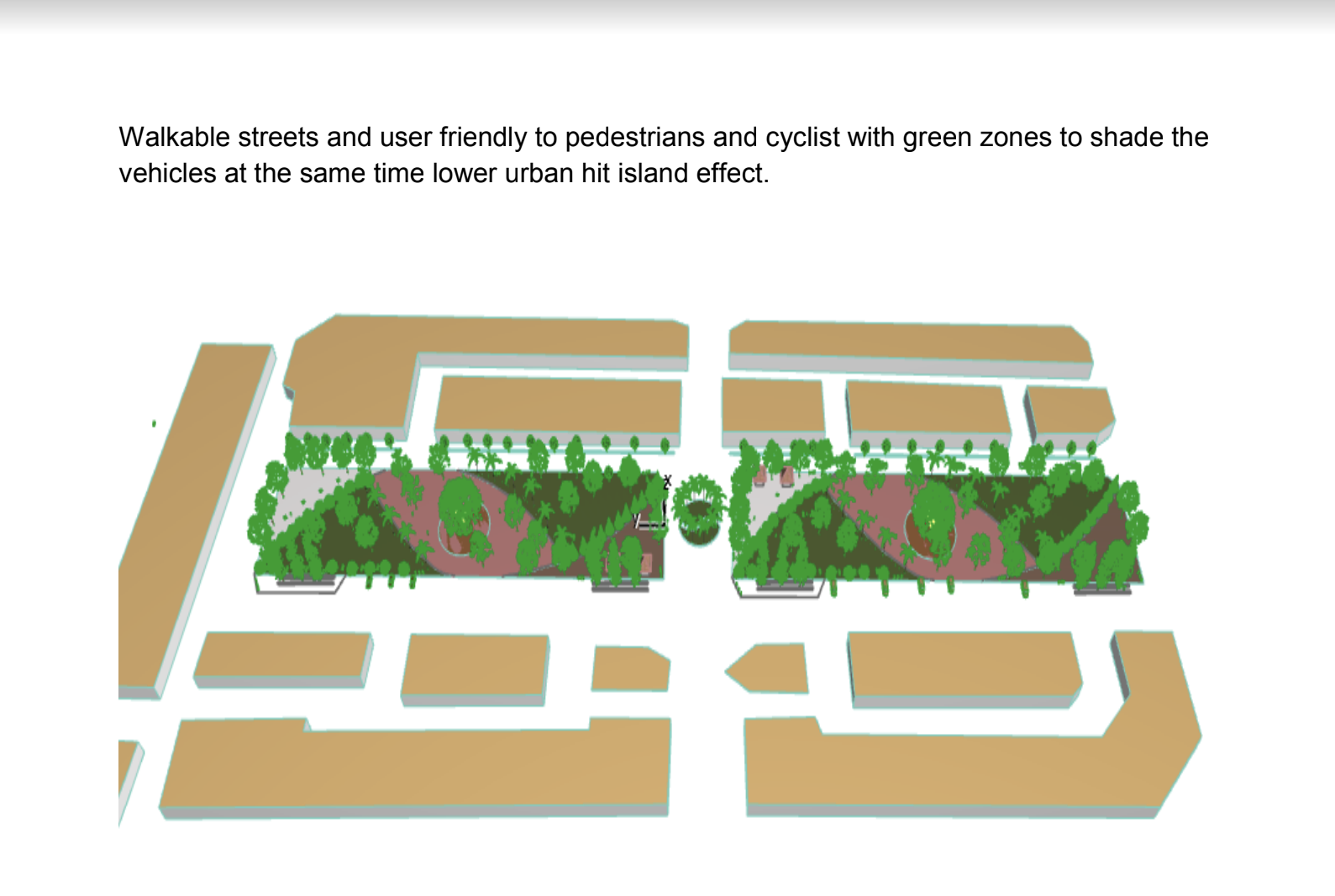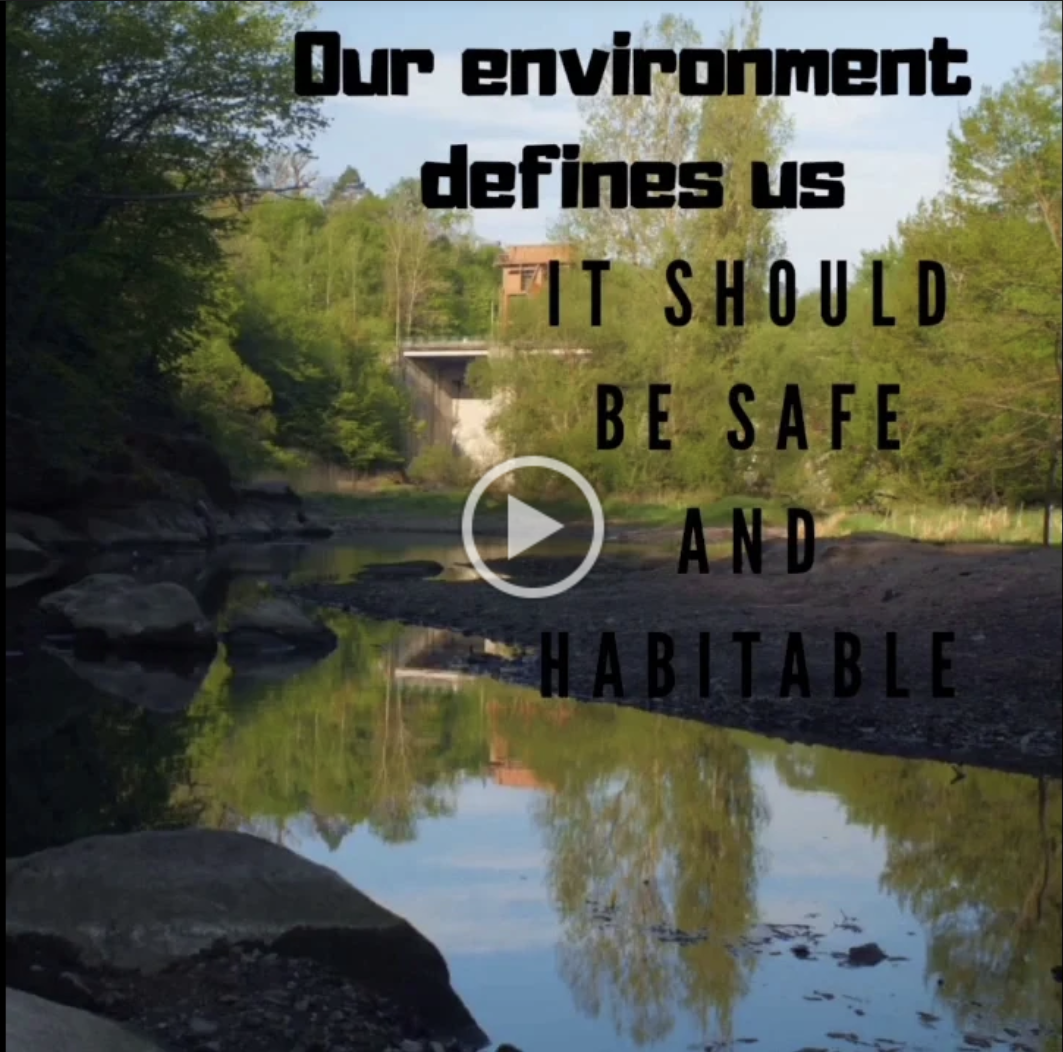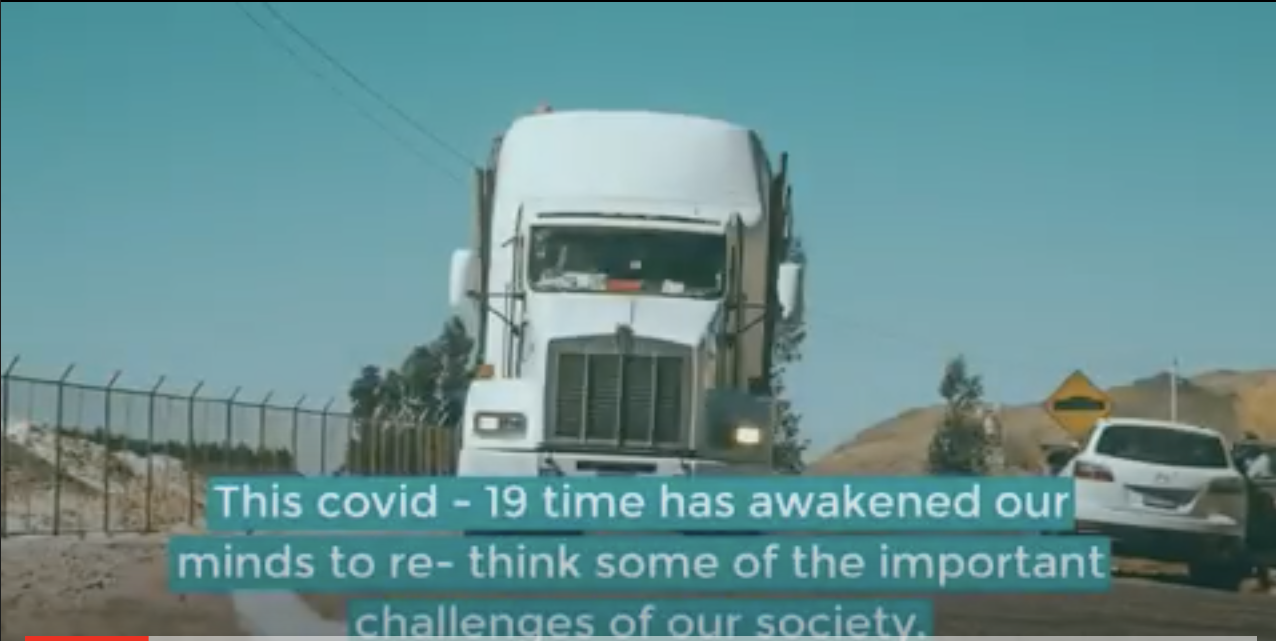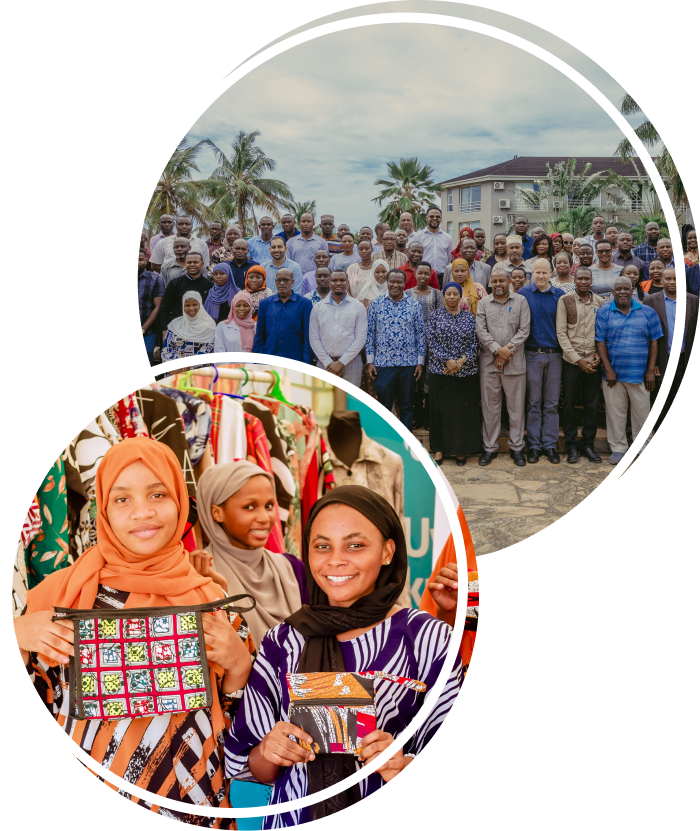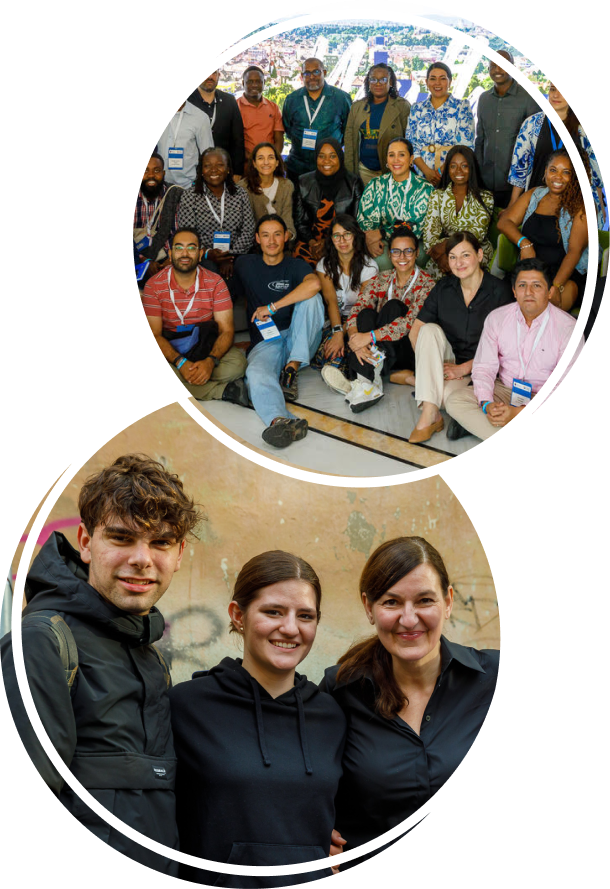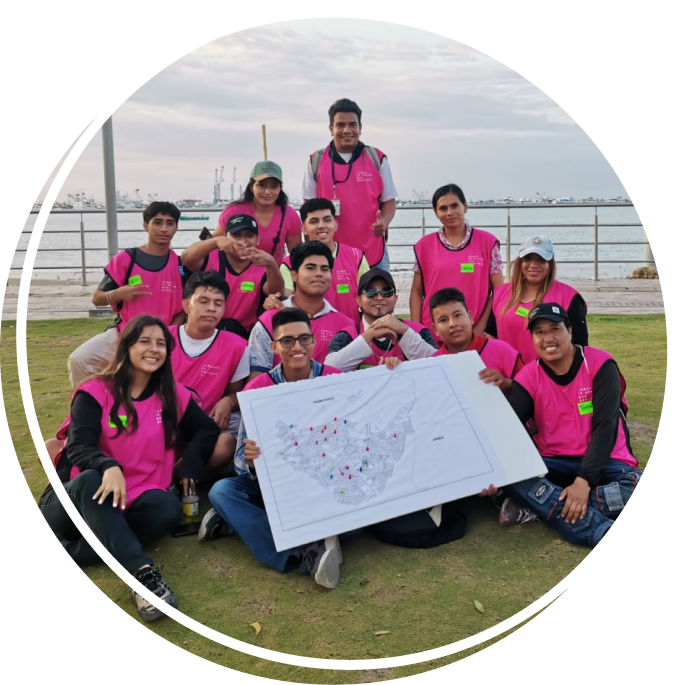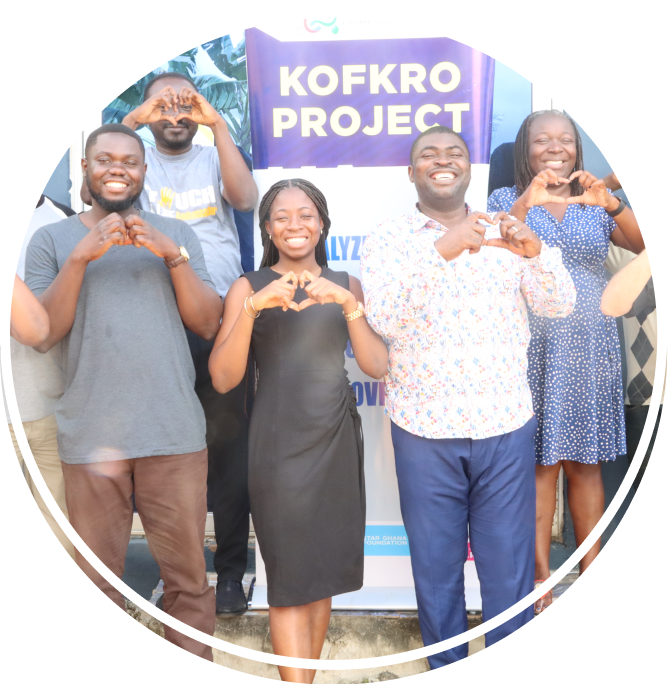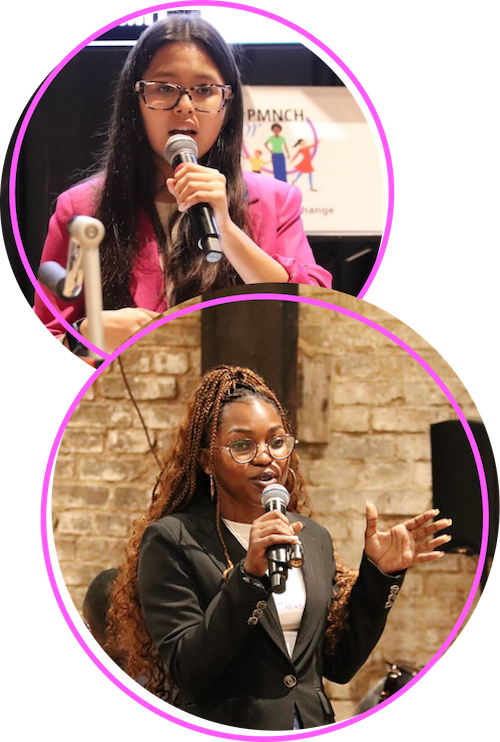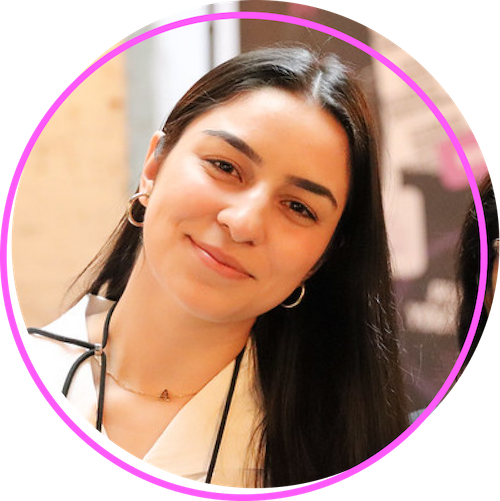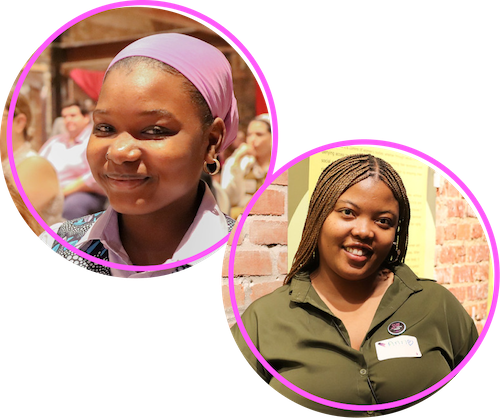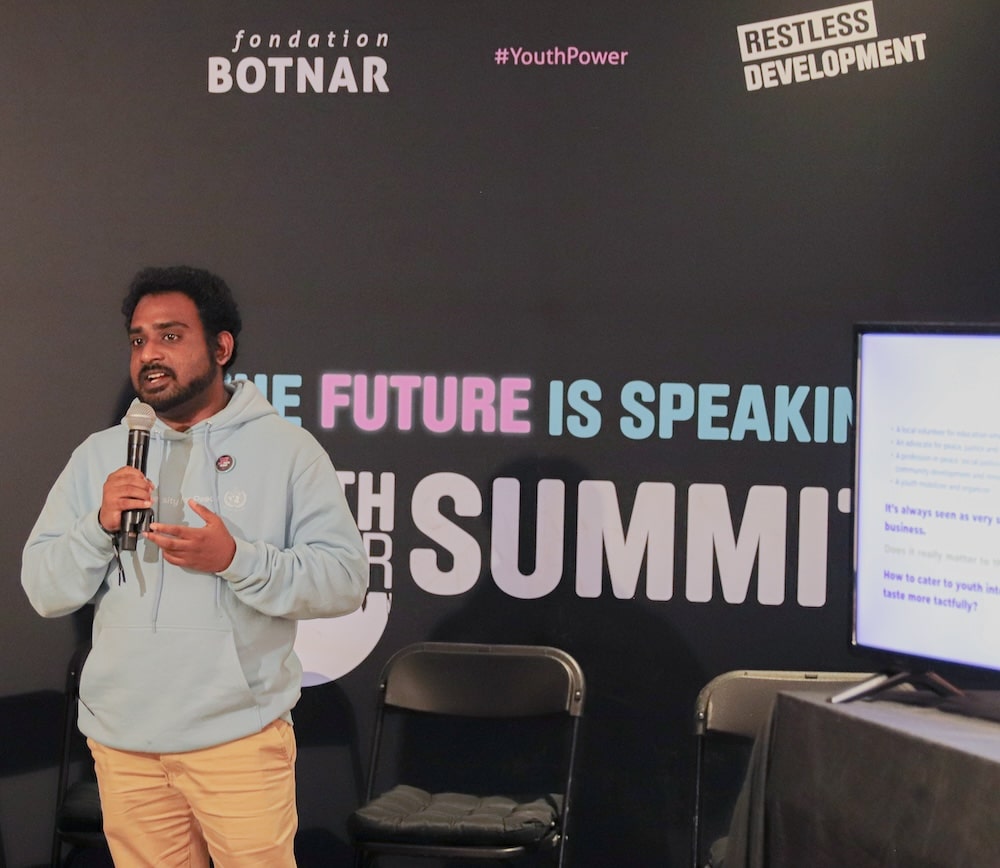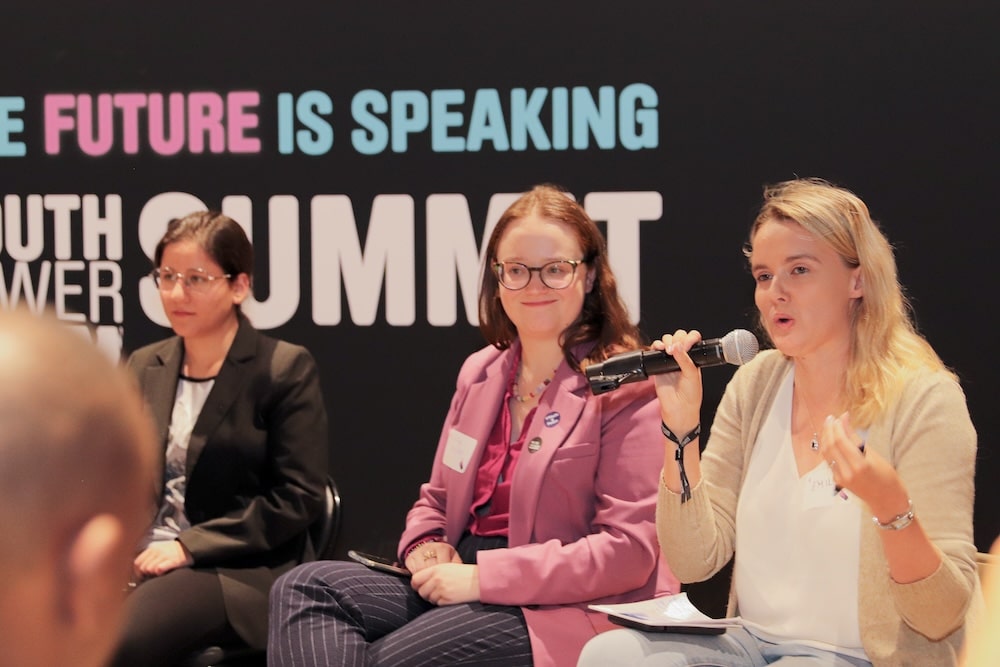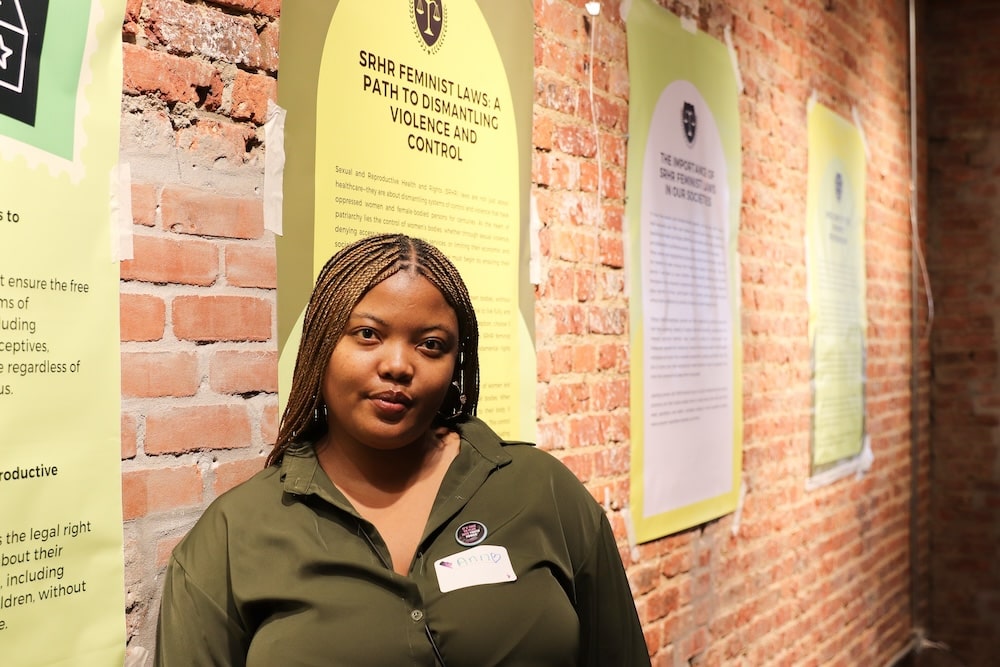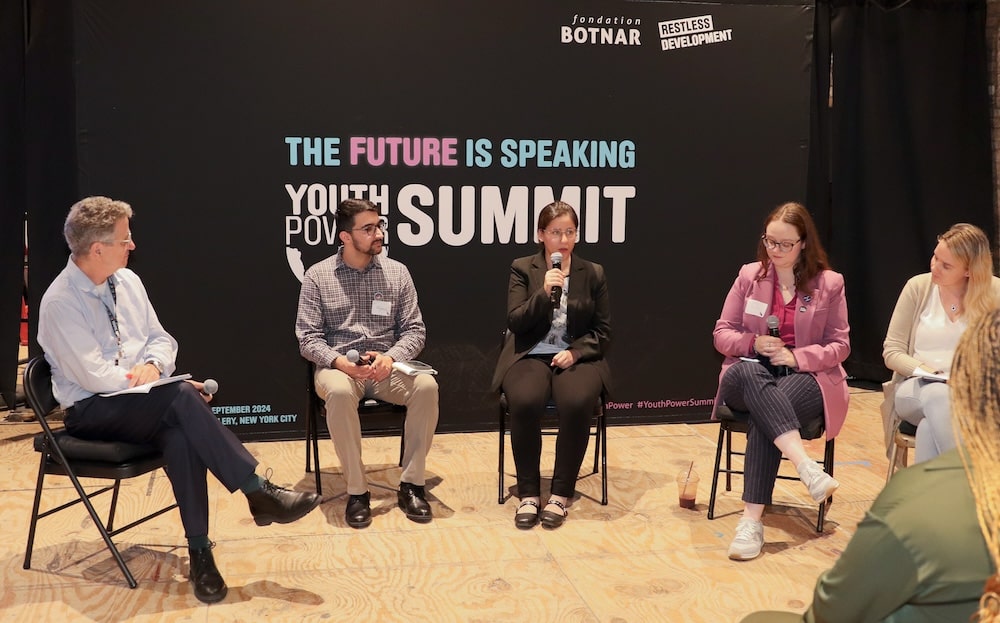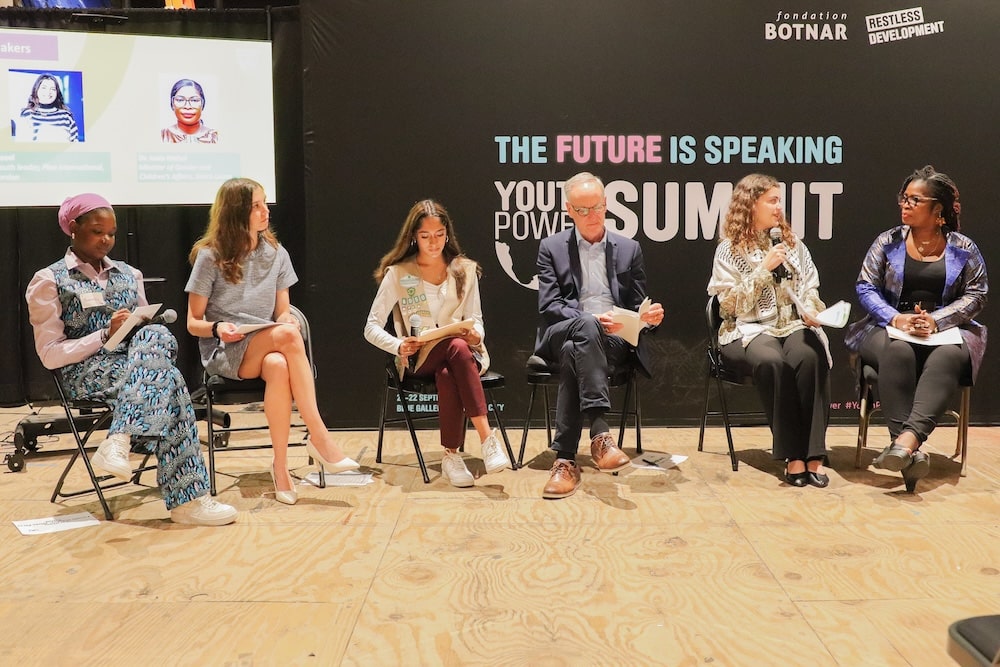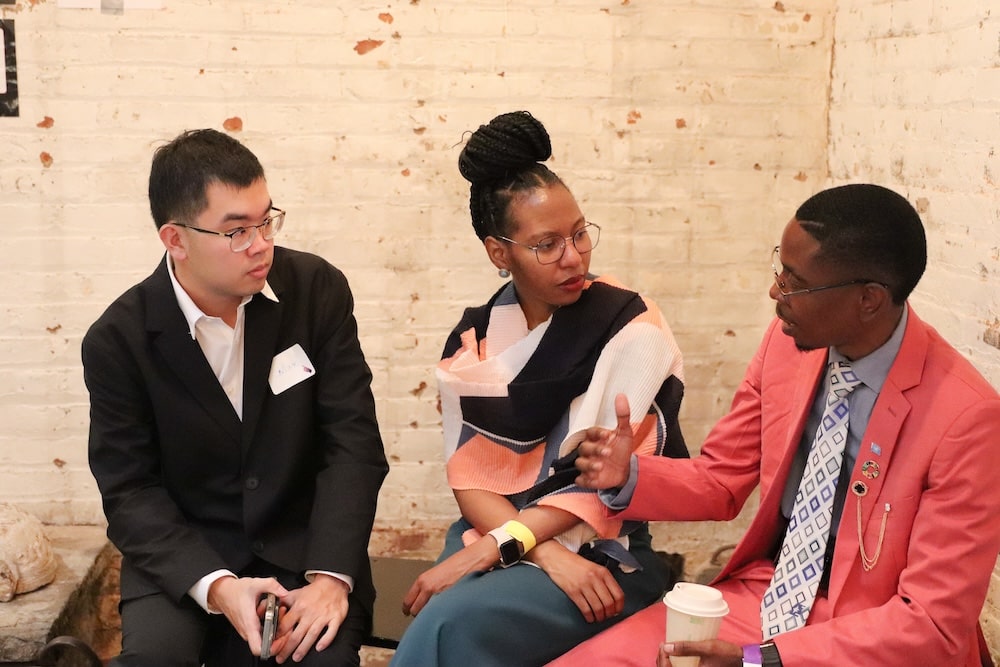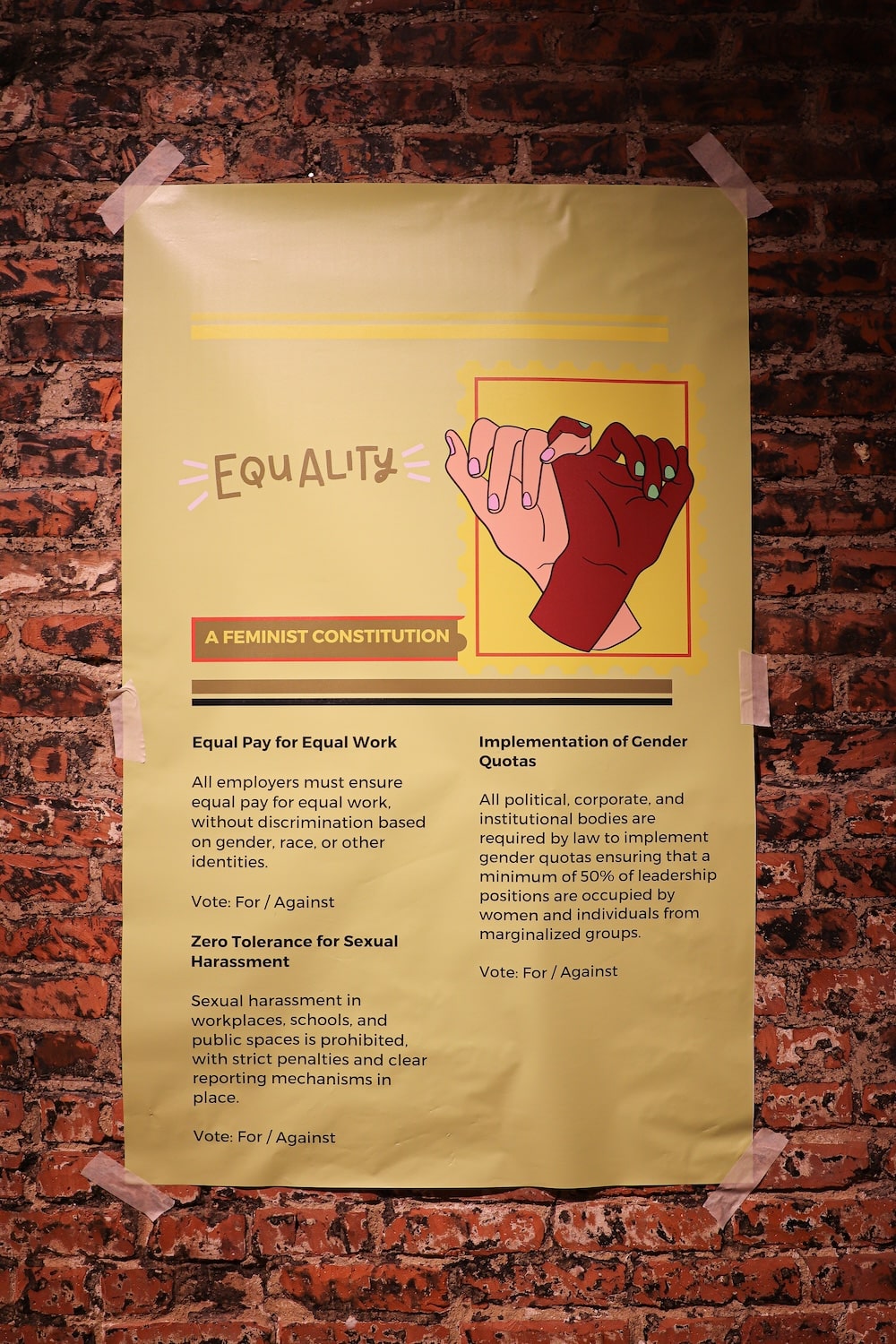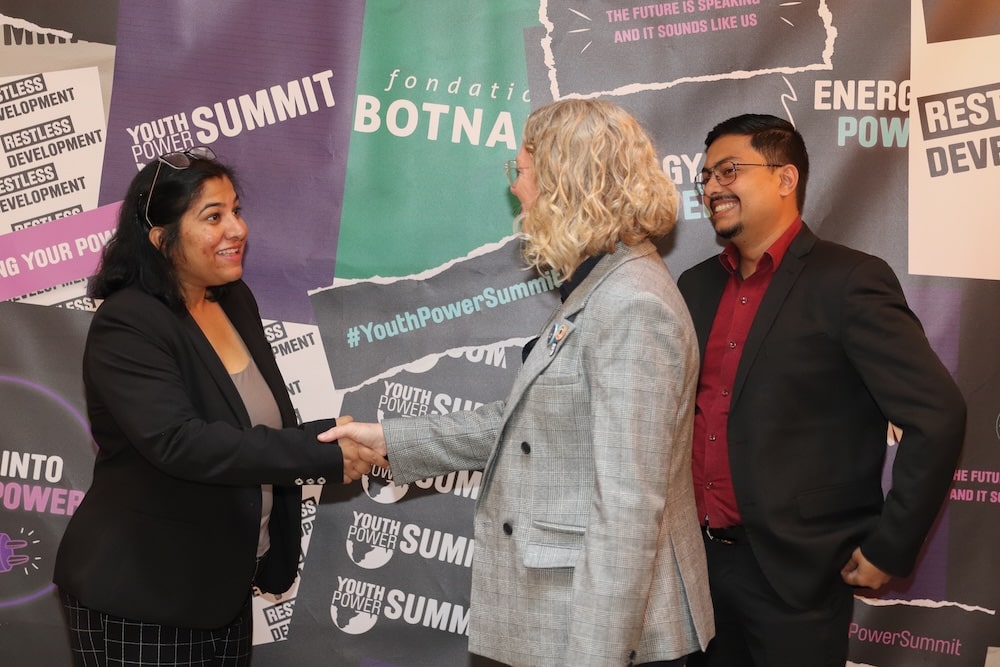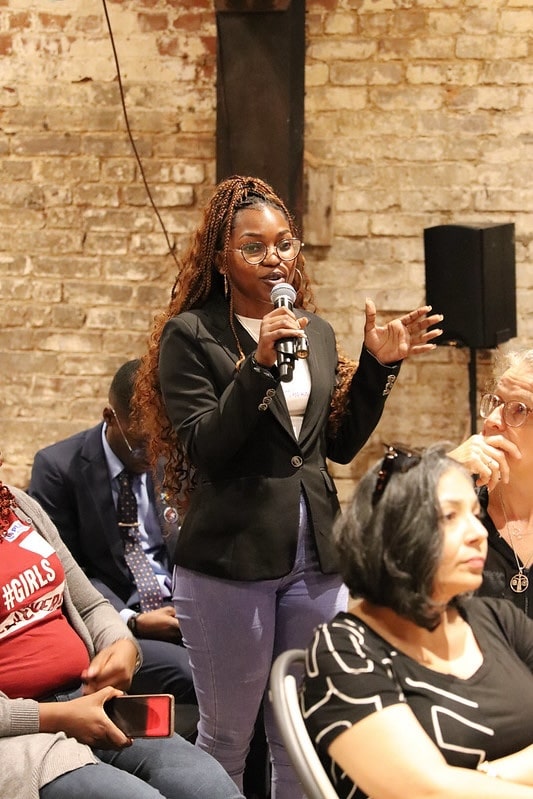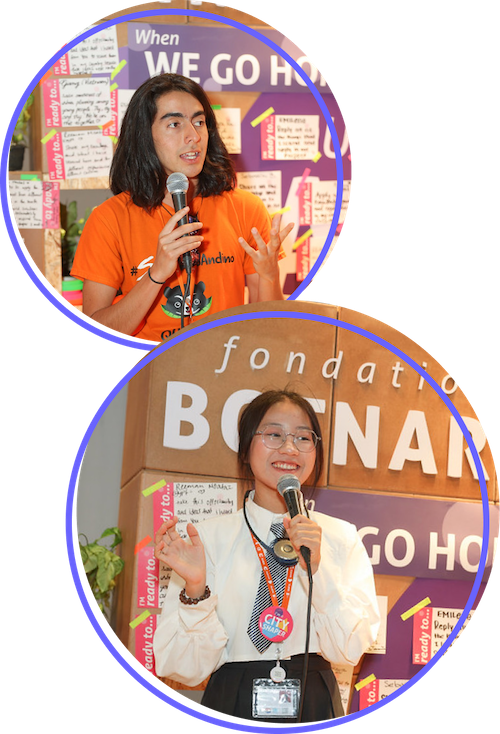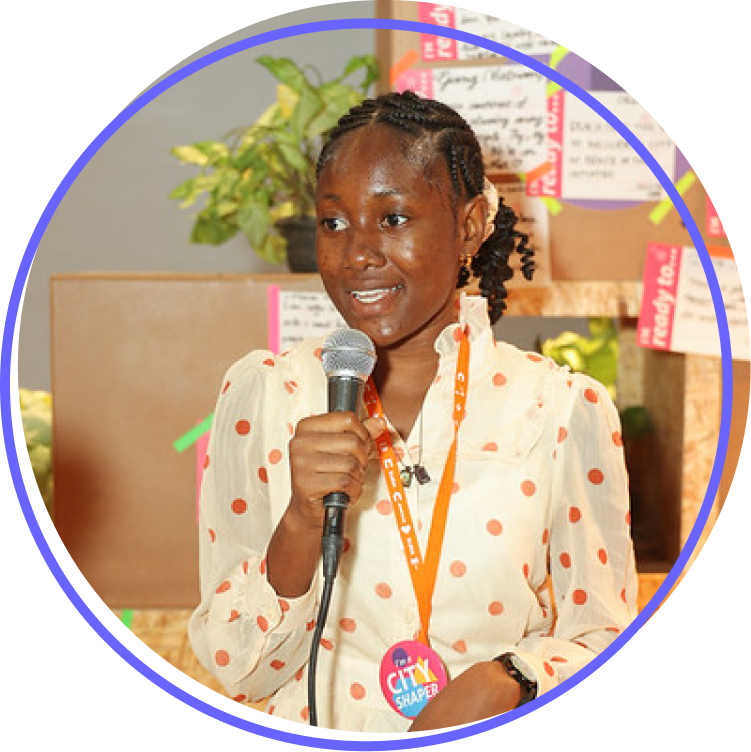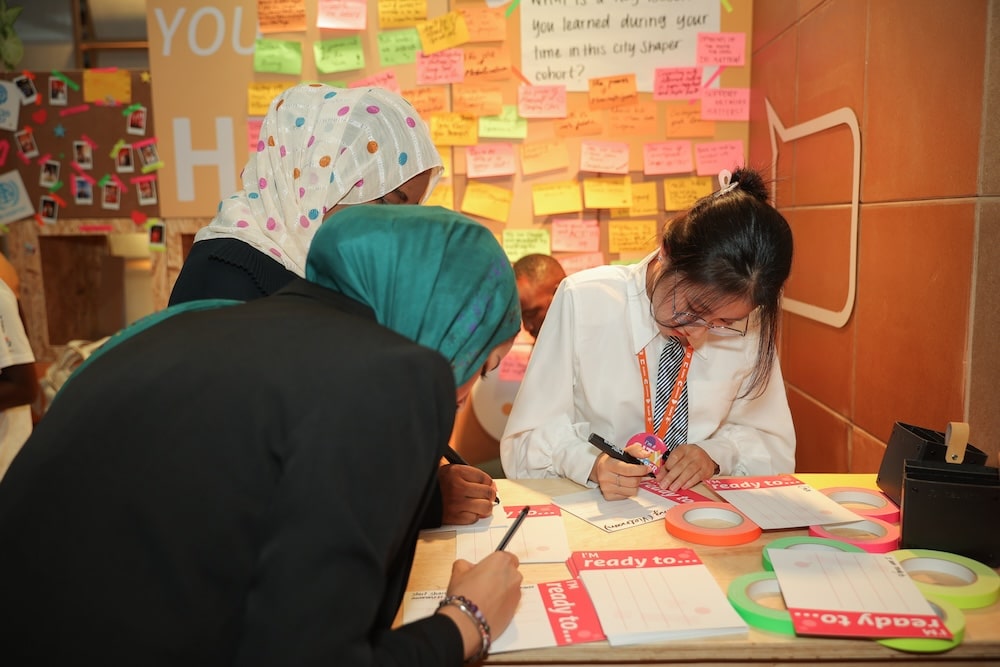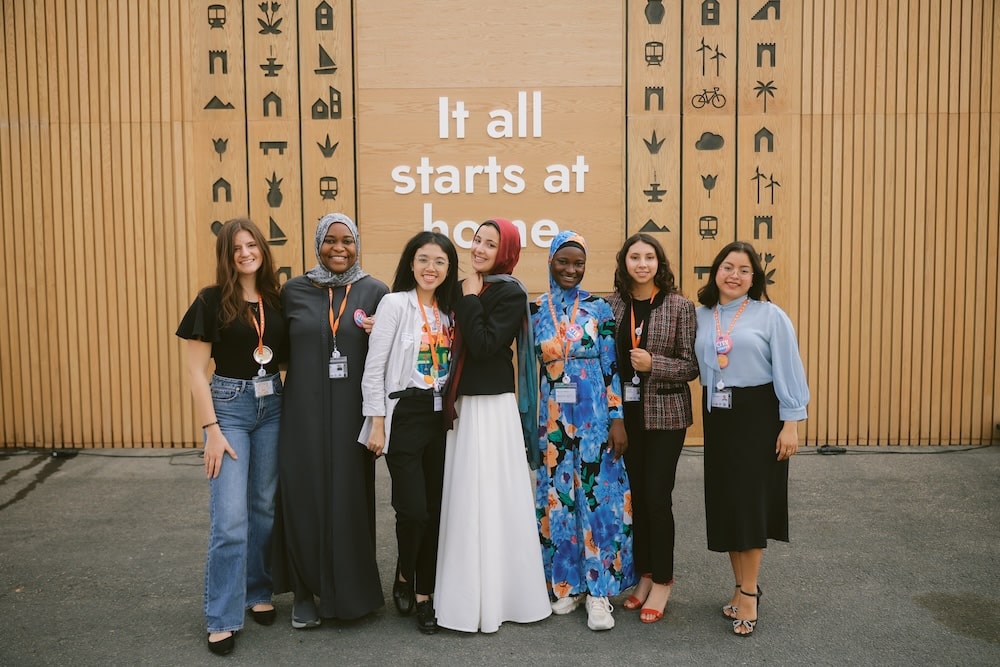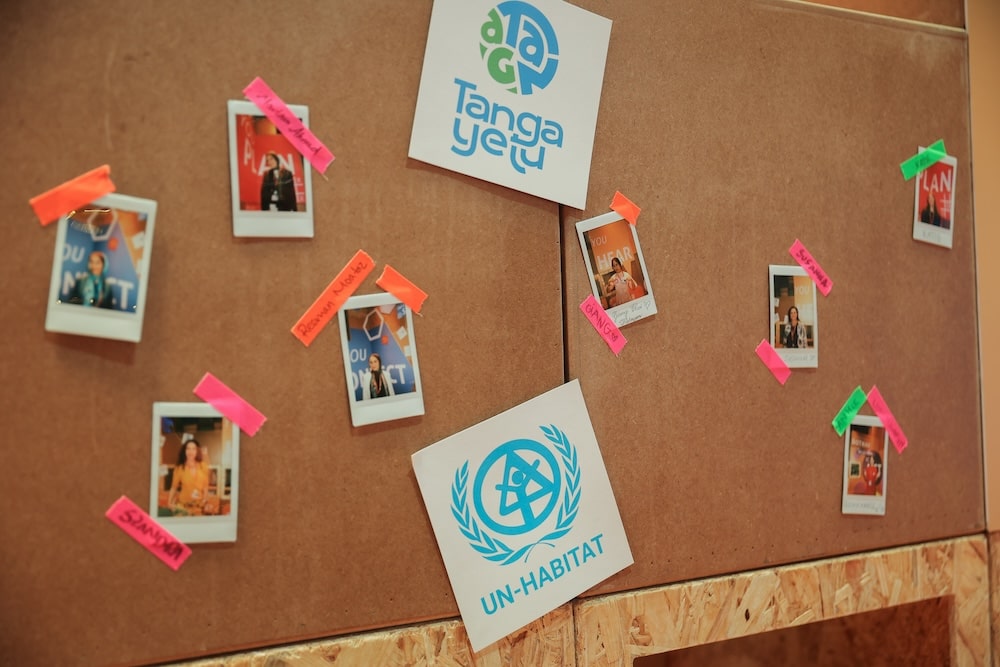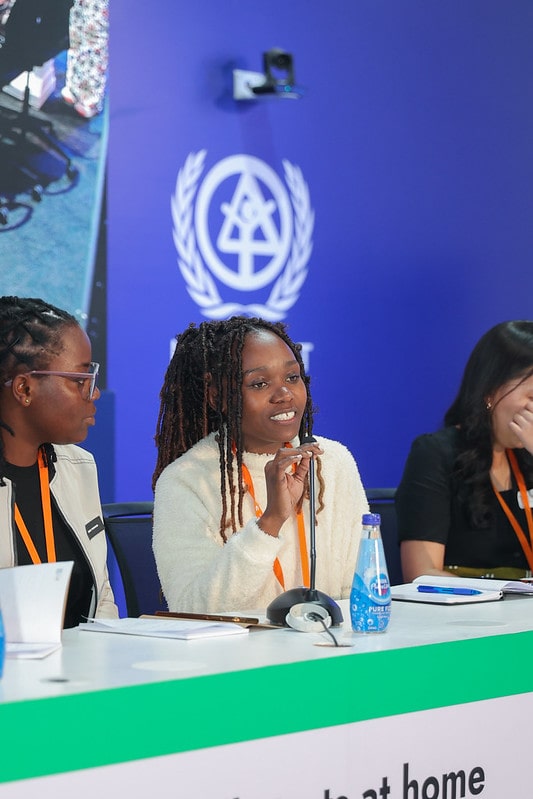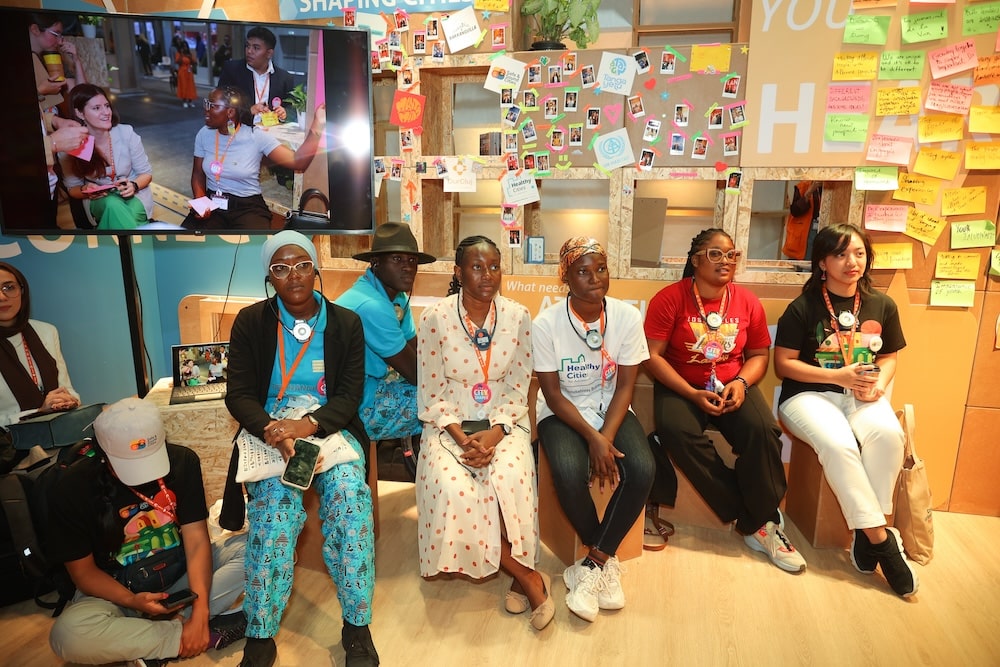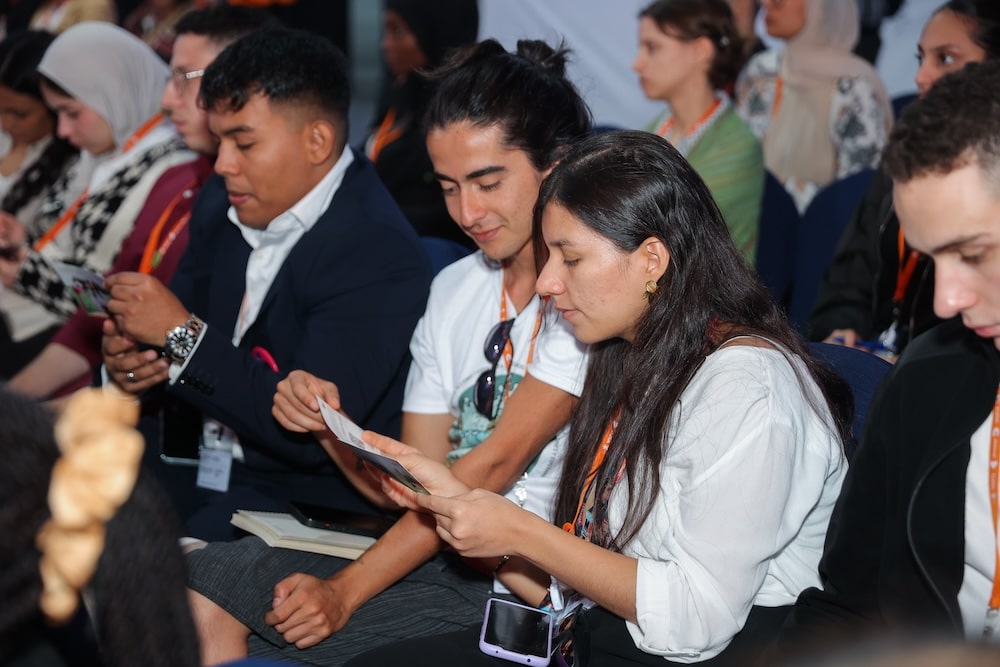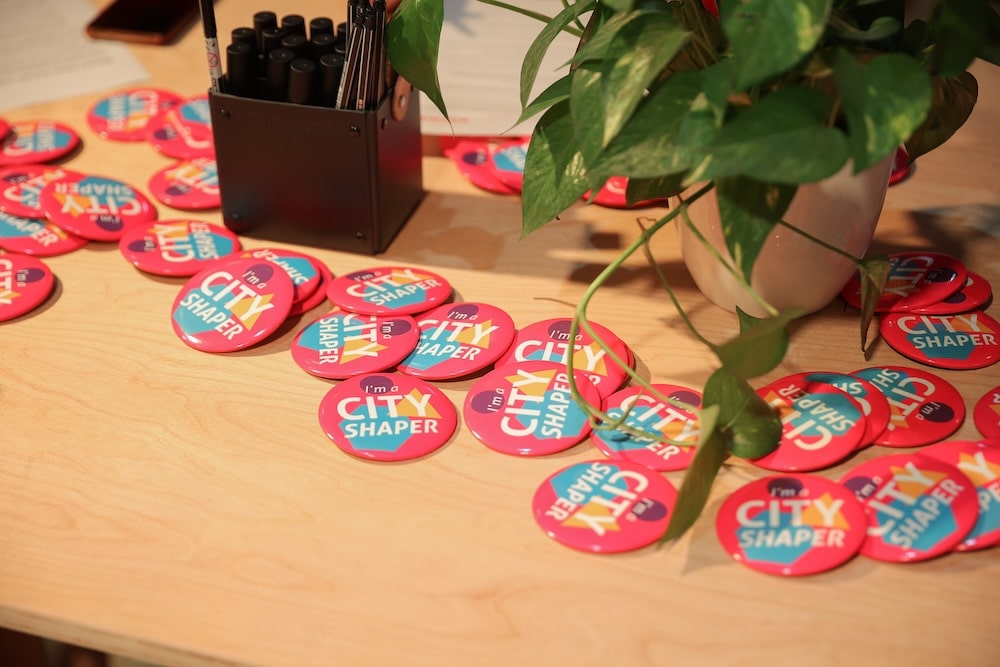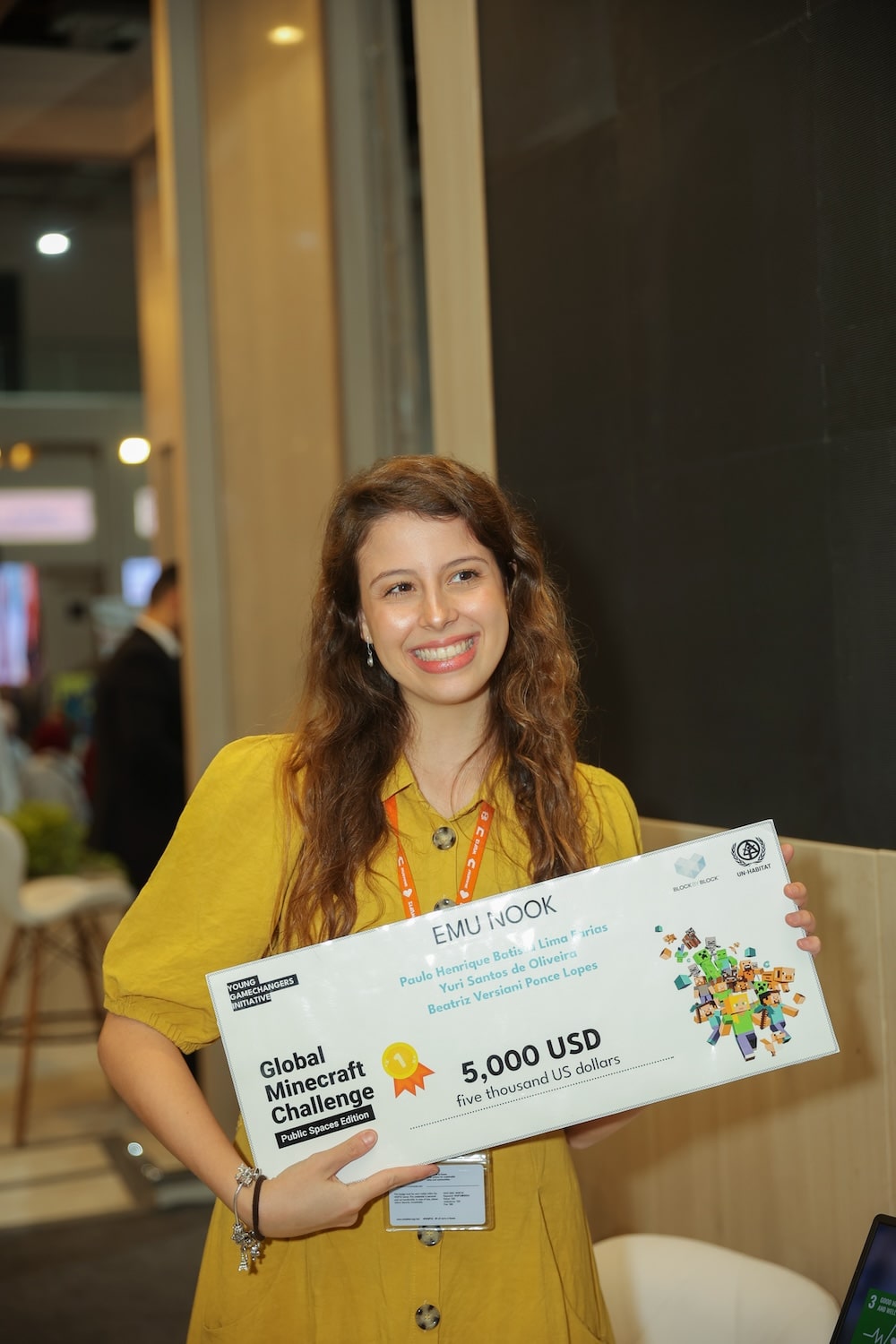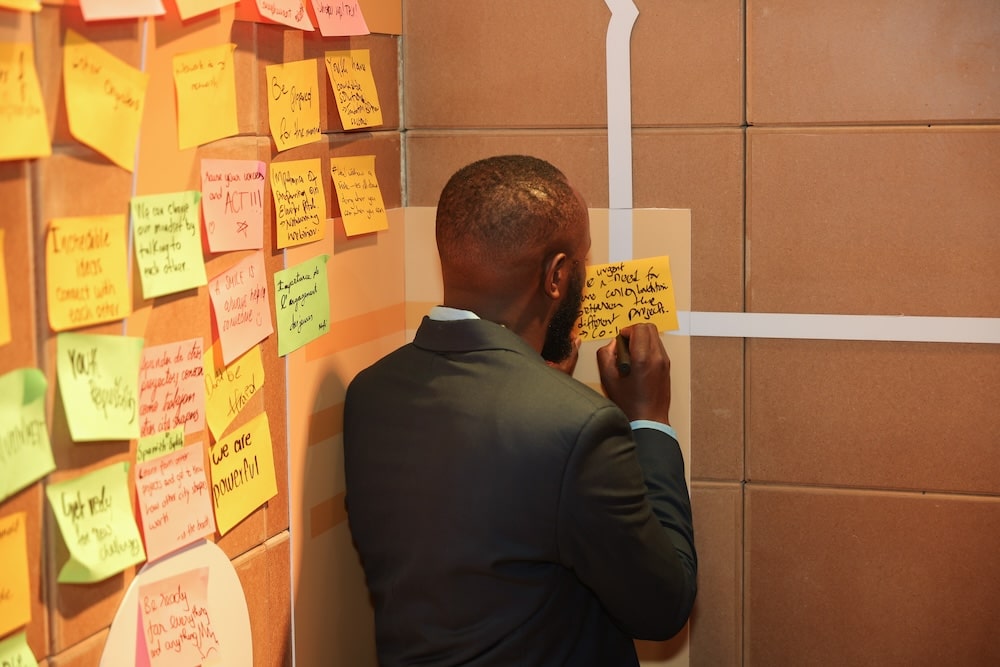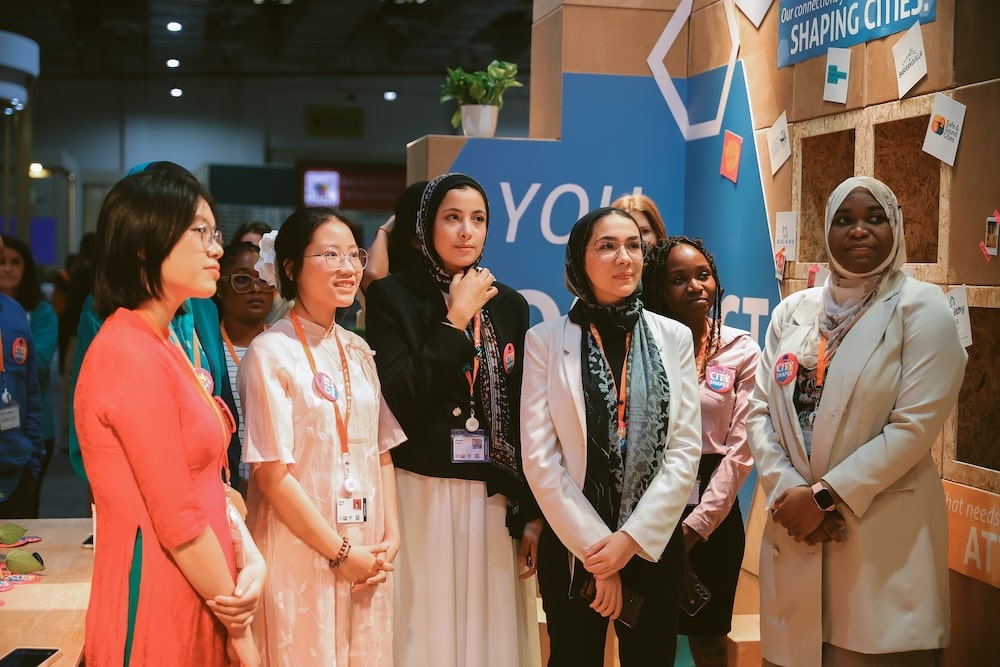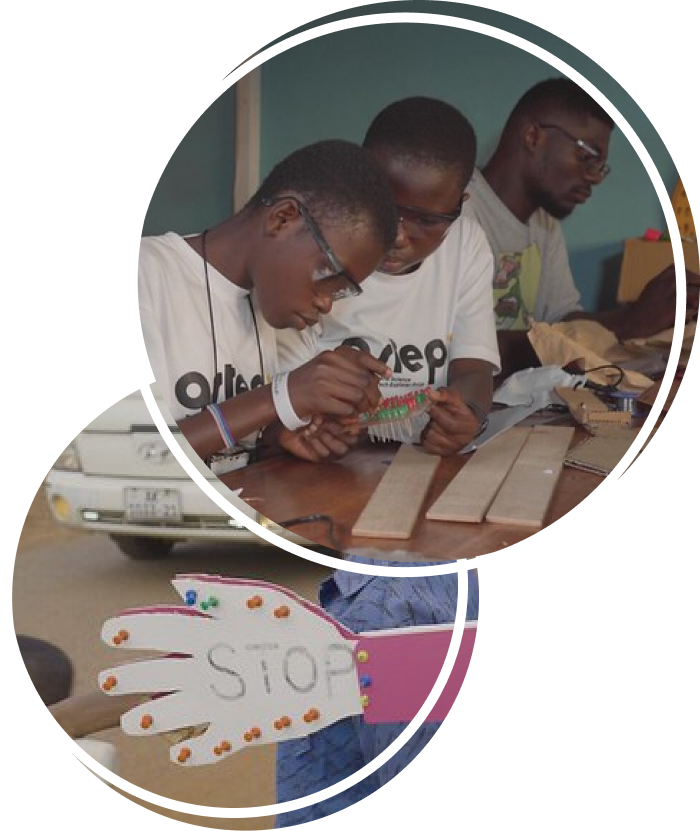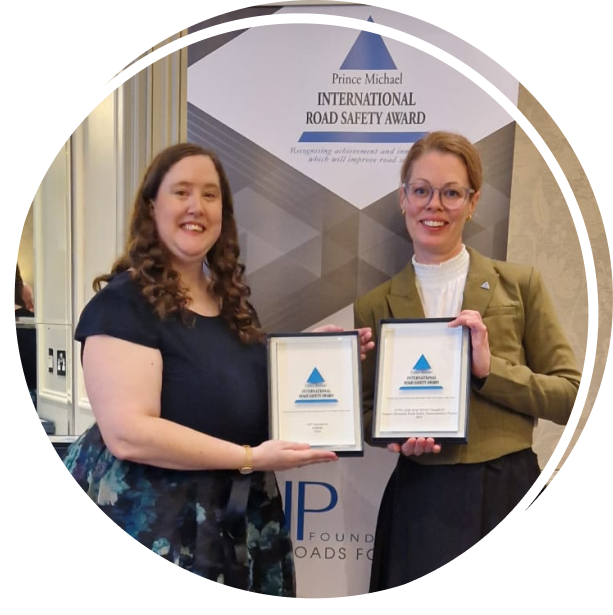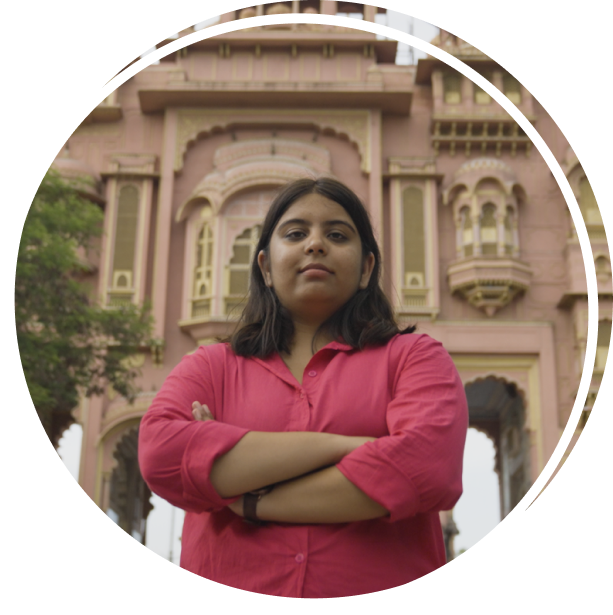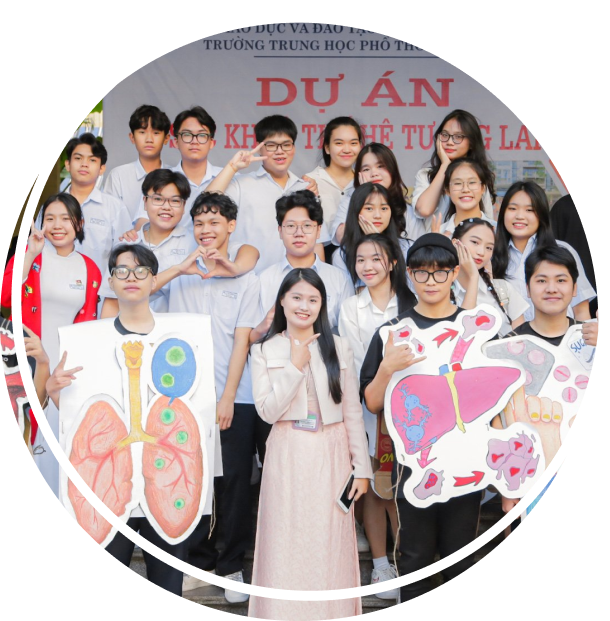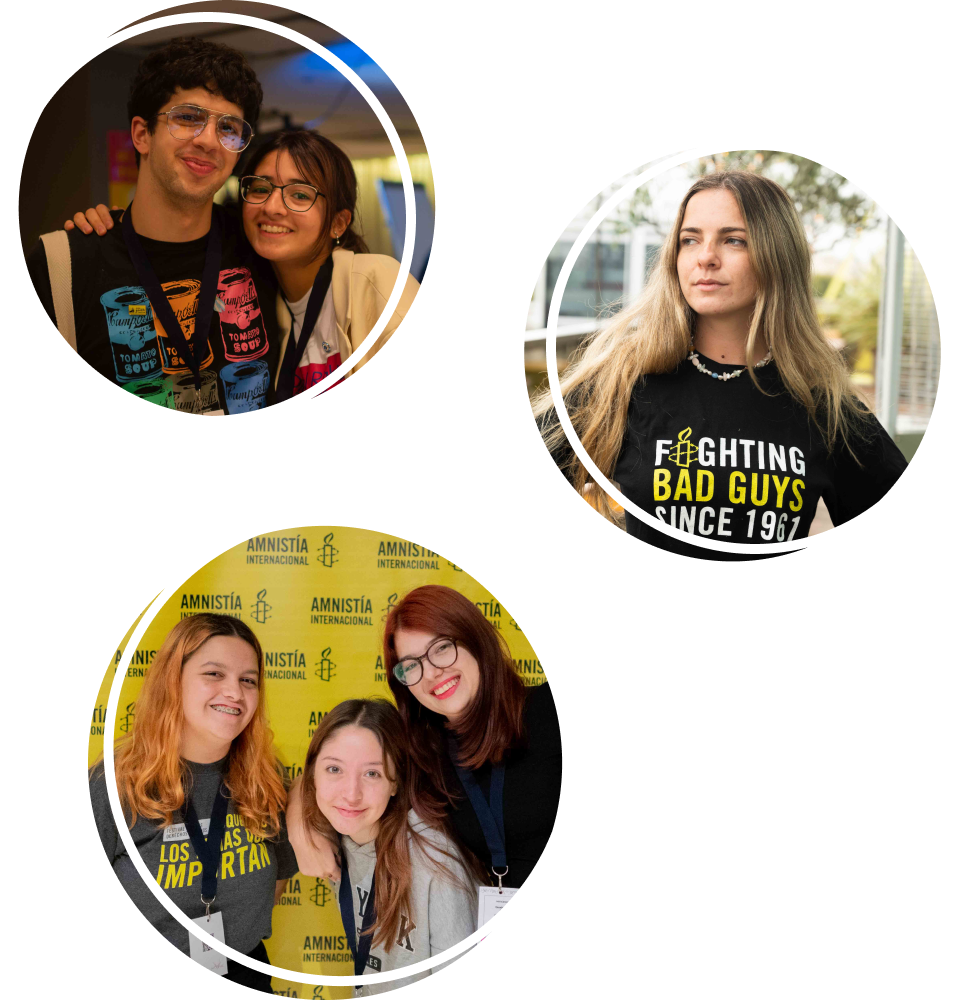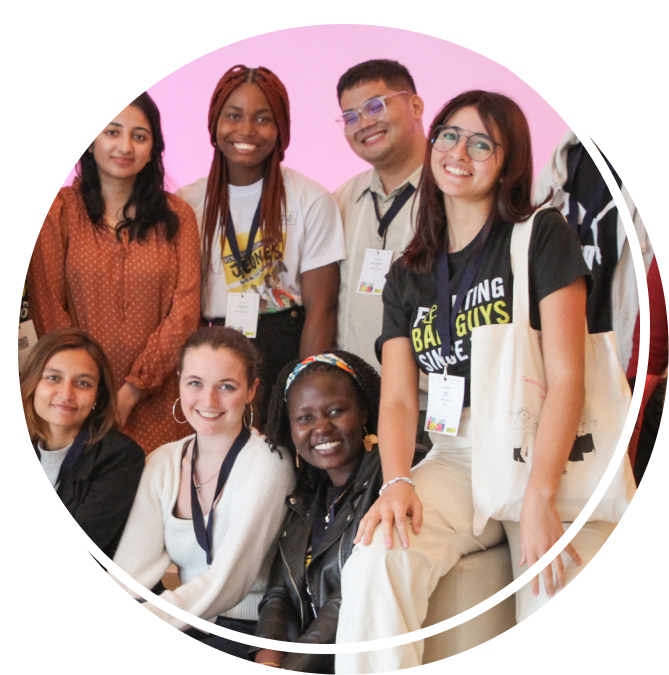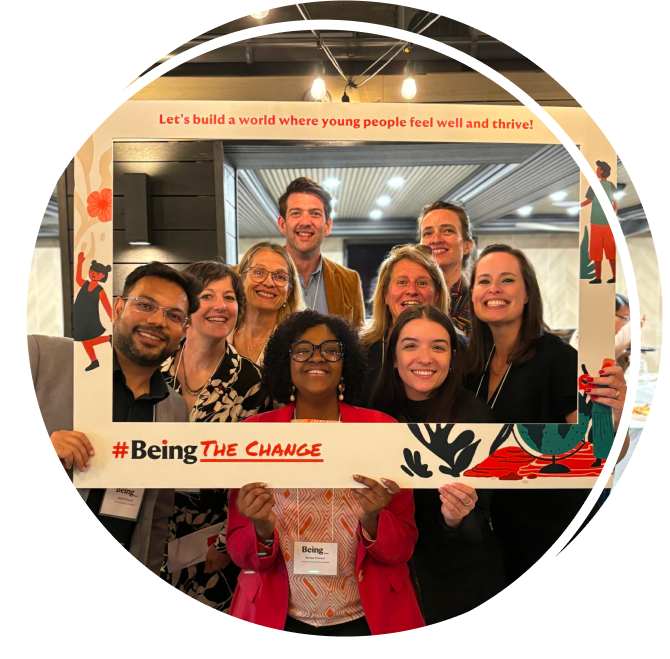Ahead of World Cities Day tomorrow, UN-Habitat and Fondation Botnar are pleased to announce the winners of their Future Cities Challenge. The competition sought to include the voices of young people in urban planning, at a time when local and national governments are looking at the future of cities and how to make them more sustainable and prosperous in light of COVID-19.
There were over 70 submissions from 10 to 24-year-olds across the globe, including from Asia, Africa, and the Americas. Participants offered creative contributions on how they could improve their cities, focused on public spaces, transport, environment, technology, or education.
The submissions addressed a variety of key issues facing urban youth today, with some notable recurring themes. These included the lack of safe and accessible walkways for young people, a potential to repurpose unused spaces for recreational purposes, and the need to reduce waste and emissions to make future cities more sustainable. Sustainability was repeatedly noted by the competitors as one of the main problems facing future cities, and one of the key topics where young people’s voices are vital, but often sidelined. Several participants noted that what made the Future Cities Challenge so important was the rarity for young people to be given a voice in urban issues, despite the fact that they will be the ones leading and directing future cities.
The winning submissions included proposals for constructing parkour circuits in abandoned spaces, using data collection software on smartphones to improve favelas, and designing pavements with a focus on children’s mobility. Several submissions were selected as individual winners, examining how to utilise technology, transport, and public spaces for the benefit of young people and the wider urban community; Maria Luisa Tarozzo Kawasaki in Brazil, Sadhvi Gupta in India, and Lydia Gachau in Kenya. Comments from some of winners can be found below. Three group submissions also received commendations, having been submitted by young people from Bogotá, Colombia, Cali, Colombia, and Dehradun, India. These submissions focused primarily on how to improve the safety, accessibility, and aesthetics of urban spaces for young pedestrians.
The winning submissions included proposals for constructing parkour circuits in abandoned spaces, using data collection software on smartphones to improve favelas, and designing pavements with a focus on children’s mobility.
25-year-old Victor Ademu, from Abuja, Nigeria, was selected as the recipient of the ‘Youth Allyship Award’, open to those aged 24 to 30 years old. His submission included ideas on how local governments and the private sector can make resource consumption in cities more sustainable, including avoiding waste incineration and relocating manufacturing facilities.
The judging panel selected these winners based on five criteria: creativity, innovation and technology, urban transformation, youth engagement, and inclusivity and diversity.
Pontus Westerberg, Programme Management Officer on urban innovation at UN-Habitat and one of the challenge’s judges, notes that: “the Future Cities Challenge shows the incredible creativity of young people to propose ways that cities can be made more inclusive and sustainable. Considering that youth make up more than half the population in many developing countries, we need to ensure that their voices are heard in urban development processes.”
Eva Moldovanyi, Safe Urban Environments at Fondation Botnar, also one of the judges, adds that: “the challenge demonstrates that young people not only have a profound understanding of environmental challenges and relevance of social inclusion, but are also able to address these issues in creative ways and provide innovative solutions on how the use of AI/digital technologies might positively shape their future.”
As part of the Future Cities Challenge, five individuals were also selected as ‘Young City Champions’, young people who are working and advocating for healthier and happier cities. They have all had an active role in improving their urban area and encouraging long-term urban planning.
Each of the Future Cities Challenge winners will be awarded USD 1,000 for online educational courses. Fondation Botnar is looking to expand its global network of Young City Champions in 2021 and is exploring opportunities to engage city leaders around the winning Future Cites Challenge submissions.
Scroll through snapshots of winning submissions below and see comments from the winners further down.
Maria Luisa Tarozzo Kawasaki (21), individual winner from São Paulo, Brazil: “Internet, Big Data, and AI are omnipresent in contemporary life and they can be very useful tools for planning as well. Our generation was already born connected to technology and so we are more likely to understand, develop, and perform as important players in smart urbanism. This challenge was an opportunity to share my idea of how an innovative and intuitive internet-based software can read and understand urban areas by collecting information from local people.”
Lydria Gachau (23), individual winner from Thika, Kenya: “As a young landscape architect, urban parks have always been attractive to me. Towns are often reduced to concrete jungles with no breathing zones. Young people should be involved in planning since we play a huge role as users. Creating awareness on the topic and involving the youth will allow the designs to be influenced by the youth, the leaders of tomorrow.”
Sadhvi Gupta (17), individual winner from Phagwara, India: “Involvement in local planning allows youth to better understand their local government and community, address community issues, and develop the habits of good citizenship.”
Harshitha Pemmasani (24) and Sabareesh Suresh (25), group winners from Dehradun, India: “The Future Cities Challenge allowed young people to put their voice out there, and express opinions on how city-building can be looked at through our lens. Every child has the right to grow up in an environment where they feel safe and secure, with access to basic services like clean air and water. For the city to be truly inclusive it becomes important that their voice is heard and matters.”
Michel Tatiana Zuluaga (24) and Valentina Restrepo (25), group winners from Cali, Colombia: “It is important that more young people in the world take initiatives that seek the transformation of their environment. They need to stop fearing the city and staring seeing it as theirs.”
Corinne Viveros Muñoz (21), Maria Camila Valencia Carmona (21), Daniel Stiven Galicia Gómez (21), Andres Felipe Camargo Muñoz (21), and Mario Gonzalez (23), group winners from Bogota, Colombia: “We think urban planning should be approached with a new perspective, based in the transformation of societies’ beliefs, hopes and aspirations. We took the opportunity to participate in the challenge because it gives us the chance to showcase that youth is already taking part of this urban transition through these projects.”
Victor Ademu (25), ‘Youth Allyship Award’ winner from Abuja, Nigeria: “Habitable cities form the basis for a thriving economy, and they facilitate every other aspects of human existence. I think it’s important for young people to be involved in the planning of their cities because young people are the driving force of the future and their input will contribute immensely to building safe and habitable cities that will help them in achieving their dreams.”
Juan Camilo Oviedo, 19-year-old Young City Champion from Cali, Colombia: “I am a bike activist and I believe in a city where we can safely move around in a cleaner and healthier way. However, riding a bicycle is dangerous in many places. There is a lack of respect, lack of priority, and more importantly, a lack of infrastructure for us in the city.”
Kehkashan Basu, 20-year-old Young City Champion from Toronto, Canada: “Over half the world’s population live in cities which are not only getting bigger, but younger. Despite this, young people have almost negligible influence in their planning and development.”
